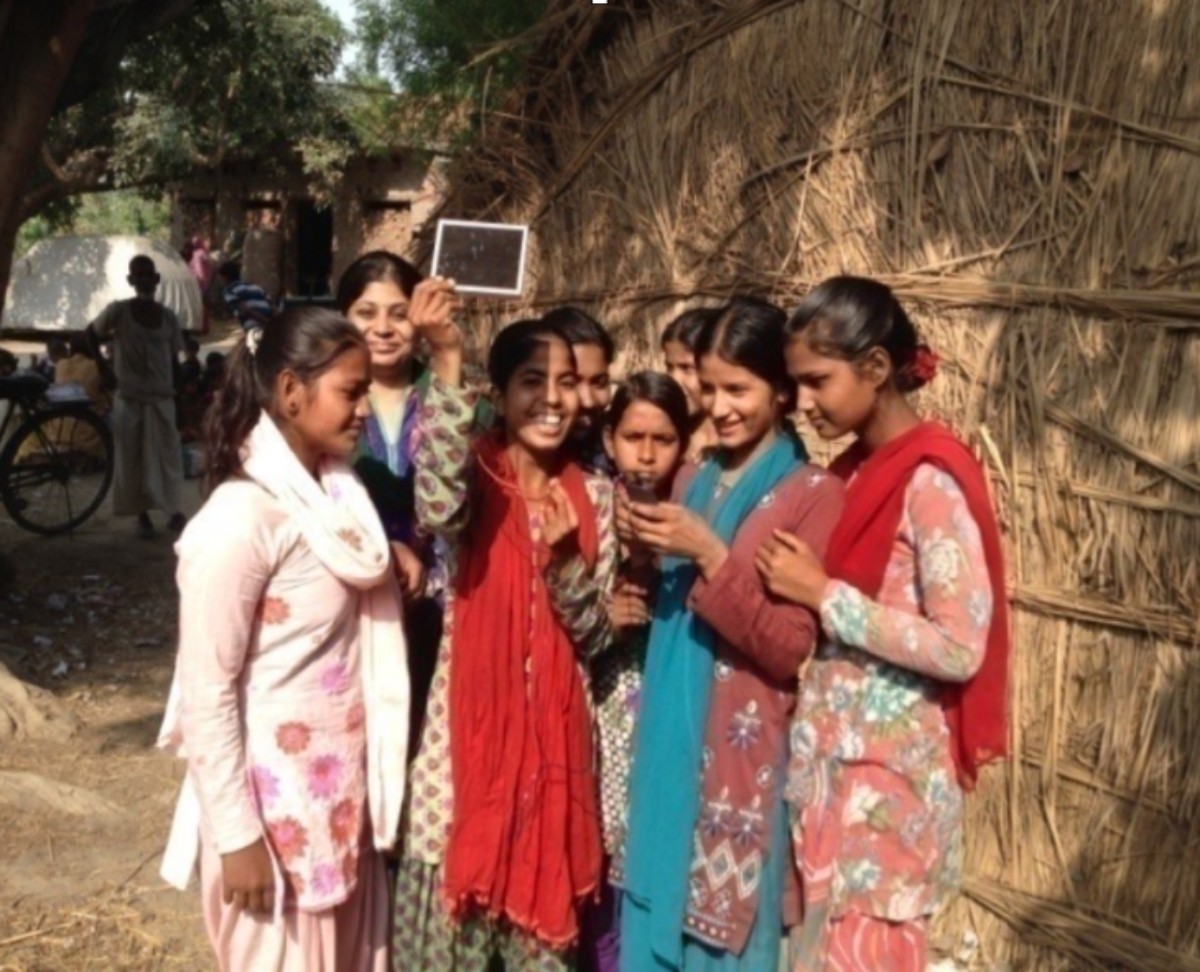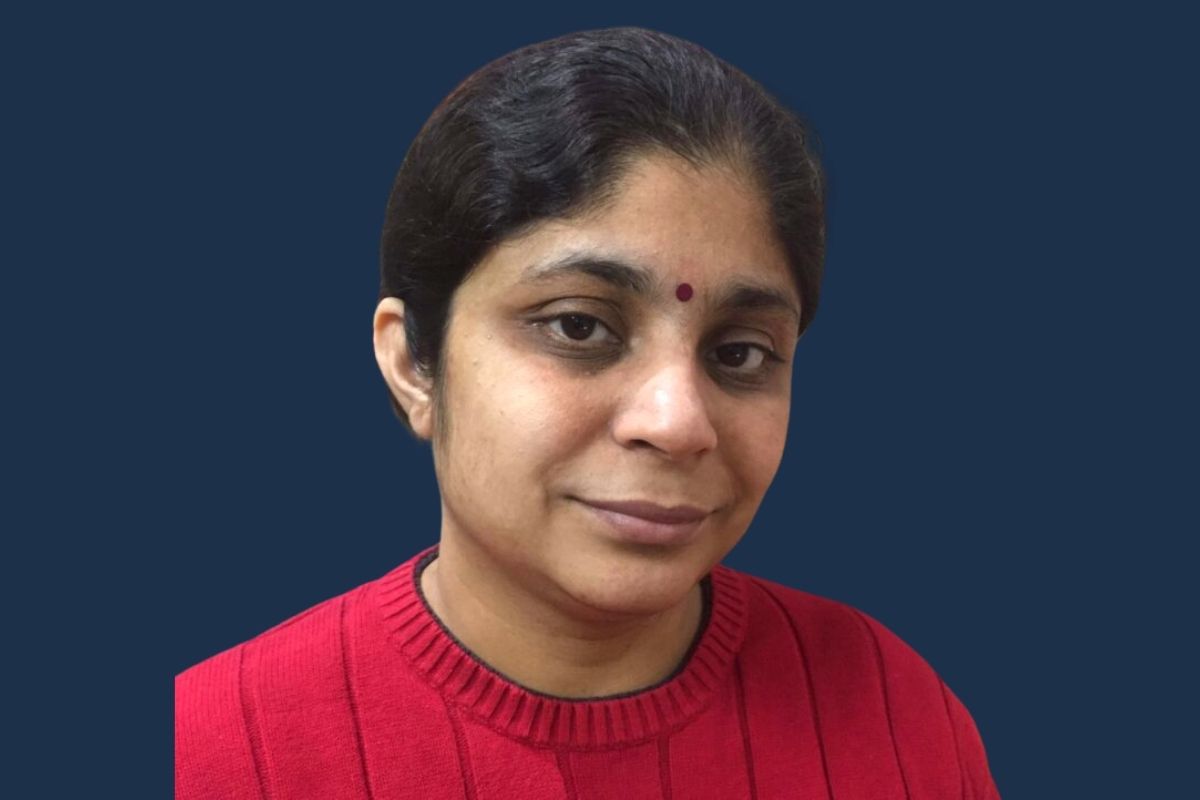Hardship is ingrained in the children of Ram Dwari and surrounding villages in the northern Indian state Uttar Pradesh — where communities’ access to electricity and clean drinking water can be sporadic, at best. In the village, it is also not uncommon for children to grow up quickly: girls often marry in their early teens, the same age boys often depart for jobs in distant cities to support their families.
Hope in the village was then in short supply in 2013 when FabLearn Fellow Ridhi Aggarwal and her husband, Rahulset out to introduce village children to maker-space learning.
“The parents wanted to know why we wanted to educate their children,” Ridhi. “They told us education is ‘irrelevant ... because it’s not going to give us jobs and it’s not going to take us anywhere.’”
Eight years have now passed since the Aggarwal's introduced the Swatantra Talim (loosely translated as independent training) program to the villages. Eight years during which doubt has given way to the expectation and, dare it be said, hope.
The optimism comes from innovative Swatantra Talim maker space projects that are benefiting the communities while preparing young people for once unimaginable futures. Students solve real-world problems with hands-on learning, developing a solar-powered charging station — inspired by a student who wondered why his mother was forced to walk six kilometers to charge her cell phone — and umbrella mounts for bicycles that allows students to more comfortably arrive at school during the rainy season.

STUDENT RESULTS Ridhi Aggarwal’s students constructed a solar-powered cell phone charger as part of their FabLearn-driven curriculum. (Photo courtesy of Aggarwal)
Such innovation is the crux and ethos of FabLearn, a program led by TC’s Paulo Blikstein that reframes traditional, K-12 science and math through project-based, technologically driven learning.
Before becoming a FabLearn Fellow, Ridhi and her husband Rahul didn't set out to change lives through education. The college-educated couple entered the corporate world following graduation before Ridhi's volunteer work with underserved children convinced them to move in a new direction.
“I realized that people without the privileges I’ve had cannot break through the barriers placed before them,” she explained. “My husband had a similar thought process. We realized we were only earning money for ourselves and decided to leave our jobs and do something to help others.”
Serving 120 students in Ramdwari village, ages 6-18, Swatantra Talim — in the eight years since the Aggarawal’s arrival and her founding of the program — has recast generational perceptions about learning and equity.
It has most tellingly demonstrated to a culture steeped in patriarchy that young village women are every bit the equal of young village men.
“We’ve shown that girls in maker spaces can do the same things as boys,” said Ridhi.
In doing so, Swatantra Talim is incrementally disrupting the tradition of pledging a teen daughter's hand in marriage.
“Our first batch of girls have passed grade 12 and are now pursuing higher education and professional courses,” Ridhi gushed. “Two are pursuing nursing! Another is going into design! They are going ahead with their lives.”
Swatantra Talim, for Ridhi and Rahul, is just the start. The couple’s goal, moving forward, is to expand the model into a network of makerspaces and innovation in spaces serving a million children in villages across India.
— Steve Giegerich
